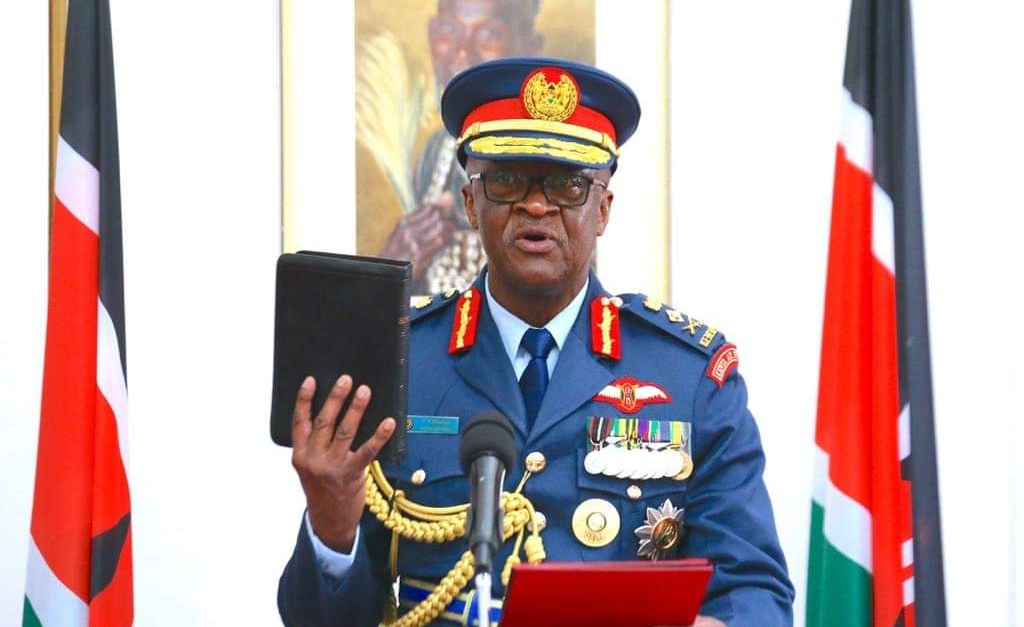Child marriages in Africa were one of the most harmful, traditional practices on the continent and the effects of this phenomenon impacted negatively in a variety of areas, the African Union Commissioner for Social Affairs said at a press conference in Kigali on Friday.
“This issue is equal to, or even worse than, female genital mutilation. It adversely affects the economic, social, educational and medical progress of the continent,” Dr Mustapha Sidiki Kaloko, from the African Union Commission (AUC), told journalists during a meeting on the sidelines of the 27th AU Summit in Kigali.
“The percentage of these marriages was extremely high when we began campaigning against them in May 2014, and the African states were not well informed about the negative effects of this harmful cultural tradition,” said Kaloko.
Kaloko explained that problems during child birth was the leading cause of death among young girls on the African continent as girls were not anatomically ready for giving birth.
If the young girls didn’t die while giving birth, other medical complications often set in, including fistulas or unwanted pregnancies.
When giving birth so young did lead to fistulas, the young women were often kicked out by their husbands and shunned by society.
The girls would then be forced to seek medical attention, stretching the continent’s already challenged medical resources and struggling economies, said Kaloko.
“Do you think an uneducated girl of 15 necessarily wants to get pregnant? She doesn’t even know what it involves and she can’t run away from an arranged marriage, to her mother as her mother probably also got married at 15, with the cycle repeating itself through the generations,” said Kaloko.
Education and literacy levels were also negatively impacted with girls giving birth at home instead of attending school. High birth rates and low educational levels in turn fuelled poverty.
To fight child marriages, defined as girls under 18 being forced into marriage, in 2014, the AU embarked on an advocacy campaign, involving education.
“Educated families are much less likely to marry off their young daughters and would instead be sending them to school to get an education,” said Kaloko.
Further to the advocacy campaigns, the Commissioner added that it was also vital to monitor the evolution of progress of the education campaigns.
These campaigns were already active and running in 14 African countries and the Commissioner said the campaign would be extended to others in the near future.






